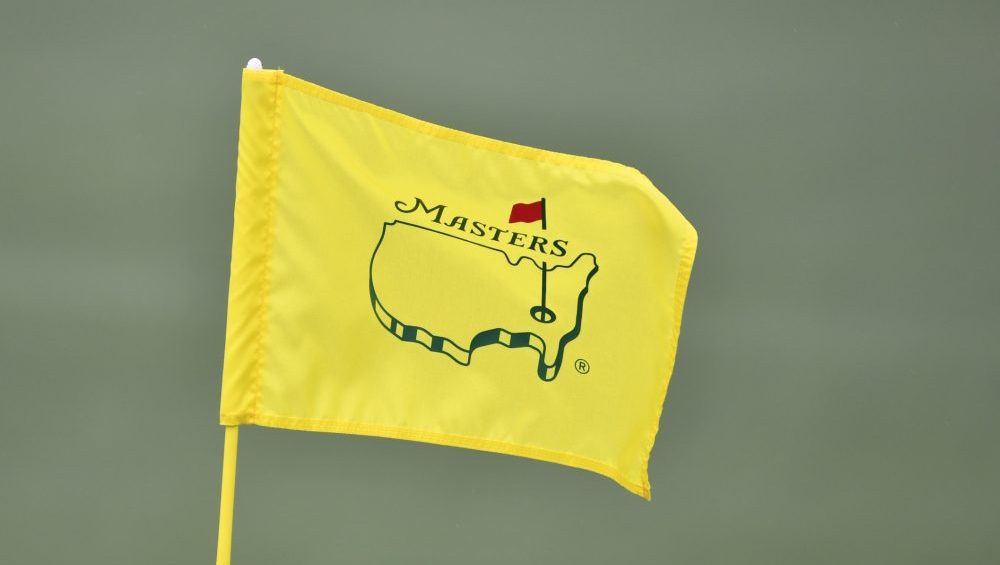Austria has the style and ethos of a club team – but is that what international football really needs?

One of the wonderful things about international football is that you learn more about other nations’ identity by watching their style of football.
If you read the groundbreaking book on Dutch football, A Beautiful Orange by David Winner, you will learn about Total Football, the revolutionary approach of the 1970s, through the prism of Dutch architecture and the expansion of the country by reclaiming land from the sea.
If you read many works by Jimmy Burns, a prolific writer on Spanish football, he compares the tiki-taka style that dominated the 2010s to the Spanish love of bullfighting. The sport, he says, is not about “the killing” but more about patience, the bullfighter’s flair, the over-the-top elaboration – which is why Spain always took so long to score a goal. Brazilian football, stereotypically synonymous with beauty and complexity, has long been associated with samba.
Austria is one of the most culturally rich and beautiful countries in Europe; the home of Mozart and Strauss. A century ago, its coffee houses inspired some of the most progressive football concepts of its time. But the current style of football can be directly associated with something far less romantic. Austrian football is essentially the continuation of a marketing campaign.
A common misconception is that Red Bull is a beverage company. No, Red Bull is a marketing company. The drink itself is made by Rauch, another Austrian company, and Red Bull’s role is simply to market and promote it. Red Bull is one of the most tireless advertisers in the world, especially in sports. For example, there are currently only 10 teams in Formula 1, and Red Bull is responsible for two of them. If you look at any extreme sport – skateboarding, various winter sports, mountain biking – you can’t get away from it.
But nothing is as pervasive as football. And that’s why Red Bull has invested huge sums in the game in traditional ways (sponsorship) and in very modern ways (creating a multi-club network around the world). But what is also unique is that their name is associated with a certain type of game.

(Marcel ter Bals/DeFodi Images via Getty Images)
Red Bull sells an energy drink and its target audience is young people. Conveniently, the clubs have an approach to football that is broadly about young players playing ultra-energetic football. And often they are guided through this process by Ralf Rangnick, who has spent much of his coaching career creating structures that help these clubs play high-energy football.
Rangnick was a smart choice for Austria. The German is one of those figures who had more influence on the game than success in it – in his time as a television pundit he helped popularise the concept of counter-pressing. His influence on players such as Jürgen Klopp and others is undeniable. However, successful coaches who took inspiration from him tended to use elements of his approach as part of a wider strategy. Klopp’s Dortmund were better at counter-attacking than counter-pressing and his Liverpool relied on the guile of a false nine, composed wingers and the two most creative full-backs in Premier League history.
But Rangnick is a fundamentalist. Like many coaches who never really made it as players, he does not seem to believe in the ability of individuals to shape or decide a game through technical quality and intellectual genius. When he coached Manchester United for half a season, he was completely incapable of working with Cristiano Ronaldo, the greatest goalscorer in international football history. Rangnick once complained that Ronaldo “was not even a player in his younger years who cried and shouted: ‘Hurrah, the other team has the ball’.”
In Rangnick’s world, it was perfectly normal to object to this, but none of the other celebrated players in the history of the beautiful game celebrate when the opponent has the ball. They want their team to have the ball.

(Alex Livesey/Getty Images)
In this respect, while many of Rangnick’s teams’ tactics are complex, particularly because they take place at such a high tempo, the basic principles are kept very simple, an updated version of the old-school ideology that has plagued English football for decades. Rangnick wants his players to run really fast and attack really hard. A crucial part of his approach is the simple concept of “putting pressure on in the last two metres”, rather than putting pressure on and then slowing down as you close in on a player. Essentially, this means “keep at it.”
The evolution of football over the last century has been a gradual shift from a territorial game to a possession game. This is a key reason the sport has become such a popular spectator sport – it’s simply more exciting when teams like to have the ball. Rangnick wants to reverse that; his Austrian side had the second-most tackles in the group stage but had only the 16th-highest pass completion rate.
Beauty is in the eye of the beholder, but this approach tends to result in combative, rushed games with lots of turnovers and little regard for careful ball handling. It’s more about pace than technique. It’s perfect for an era where attention spans are getting shorter and shorter.
Austria, which has been a non-starter in the football world for decades, has undoubtedly embraced his methods. Rangnick is a born teacher and has the unusual advantage of having successfully trained many Austrian players at Red Bull clubs to play in his employer’s familiar style.
It is striking, however, that almost none of the players at his disposal are particularly good at the technical elements of football. If you use players from other “smaller” nations for a somewhat fair comparison, you will not find anyone who can control the game like Luka Modric, or break down a defence like Christian Eriksen, or dribble like Khvicha Kvaratskhelia. The focus on “cheering” when the opposition has the ball would not produce that. Instead, there is a series of fast, chaotic, workmanlike pressing. Imagine what a more sophisticated football thinker could have created with such resources.

Austria lost the xG battle in the group matches against France and the Netherlands (Alex Livesey/Getty Images)
Does it work? The jury is still out. Red Bull Salzburg have made the Austrian Bundesliga as strong a one-team league as the German Bundesliga and RB Leipzig have challenged the top of the table in Germany too, but you also have to consider the sheer amount of money these teams have spent. Leipzig, one of the few clubs not to abide by the Bundesliga’s 50+1 rules, have often been the second biggest spenders in Germany after Bayern, so attempts to portray this as a question of culture rather than money are either naive or part of a PR campaign, depending on the source.
At Euro 2024, Austria’s group victory ahead of France, the Netherlands and Poland was a surprise considering the expectations before the tournament. It was also a surprise when you look at the expected goal numbers. Had the goal number matched those numbers, Austria would have lost to France, drawn with Poland and lost to the Netherlands and would have been eliminated from the tournament with a single point.
That would be no shame, because that is what you would expect from this team, especially when their best player, David Alaba, is missing, who escaped the energy drink assembly line and completed his training at a technical football school, FC Bayern Munich.
But the reality is different: Austria was one of the better teams in the tournament. Of the teams that made it to the knockout rounds, only the extreme underdog Georgia performed worse.
Of course, Austria is in the weaker half of the field and from here anything is possible. Twenty years ago, when Otto Rehhagel’s Greece won the 2004 European Championship, an experienced German coach was at the helm of a foreign team that placed little value on possession. Perhaps history is repeating itself.
From a purely marketing perspective, the plan has worked brilliantly. Many journalists and pundits happily promote “Red Bull Football” without caring or realising that Austria is as much a flagship as a football team, which is depressing. While economic factors obviously play a large role in the level of the respective national teams, and international football is in many ways barely separated from the evils of capitalism, there is something purer, less corporate about international football. Countries cannot become good by spending money on new players. Players cannot jump ship for a better contract. There are no corporate logos on the shirts.
But there is one big corporate logo that defines the whole Austrian style of play. It is unified and a distinctive way of playing the game and it takes careful planning and preparation. But it is ultimately the continuation of a marketing campaign and it will be on display tonight in Leipzig, in a stadium called the Red Bull Arena. If that doesn’t make you slightly nauseous, you have obviously never experienced a Jägerbombe.
Austria is a pleasant country, the players are a likeable bunch and Rangnick is, by all accounts, a good man. But that shouldn’t be what international football is about and it would be to the benefit of European football if Austria’s energetic approach, to use a well-known slogan, doesn’t bring them victories.
(Top photo: Christina Pahnke – sampics/Getty Images)



